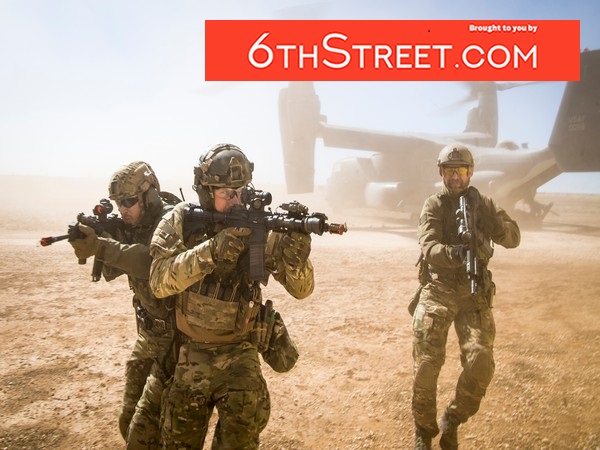
Washington DC: As the United States continues to withdraw its forces from Afghanistan, US officials are divided over plans for monitoring the worn-torn country from beyond its borders, and some are even saying that a complete retreat from the country will make it difficult for the United States to provide effective support to Afghan forces.
The US military is currently conducting retrograde operations to leave Afghanistan. US military personnel and equipment will be shipped back by September 11 deadline. In their testimonies before the US Senate on Thursday, Pentagon officials noted that the US was able to monitor insurgent groups in Afghanistan without having a military presence in the country, Tolo news reported.
"We have the capabilities to be able to posture in the region where it is required," said Gen. Matthew G. Trollinger, Deputy Director for Political-Military Affairs. "We have the capabilities to able to monitor potential adversaries, track these adversaries and then strike when conditions permit."
A Pentagon release on Thursday said that after the US withdrawal, any number of possibilities might arise, including a takeover of the country by the Taliban -- or a defeat of the Taliban by the Afghan National Defense and Security Forces.
"I will acknowledge the range of potential outcomes in the months as we go forward," Brig. Gen. Matthew Trollinger, the deputy director of politico-military affairs for the Middle East, on the Joint Staff, said.
"I will say the ANDSF (Afghan security forces) -- they're a capable force. They have capable ground, air and special operations forces, and here, very recently, they've effectively both defended against Taliban attacks as well as gone on the offensive to disrupt Taliban activities."
During the Senate hearing, Senator Jim Inhofe said that a full drawdown from Afghanistan will make it much harder and more expensive to effectively support our Afghan security forces. "A complete withdrawal of US troops will make it much harder and more expensive to effectively support our Afghan security partners."
Meanwhile, David Helvey, the acting assistant secretary of defense for Indo-Pacific security affairs, said the US has a moral obligation to help those that have helped them over the two-decade war.
"We have a moral obligation to help those that have helped us over the past 20 years of our presence and work in Afghanistan."
Violent clashes continue in Afghanistan despite the ongoing peace talks between the elected Afghan government and the Taliban in Doha, Qatar.